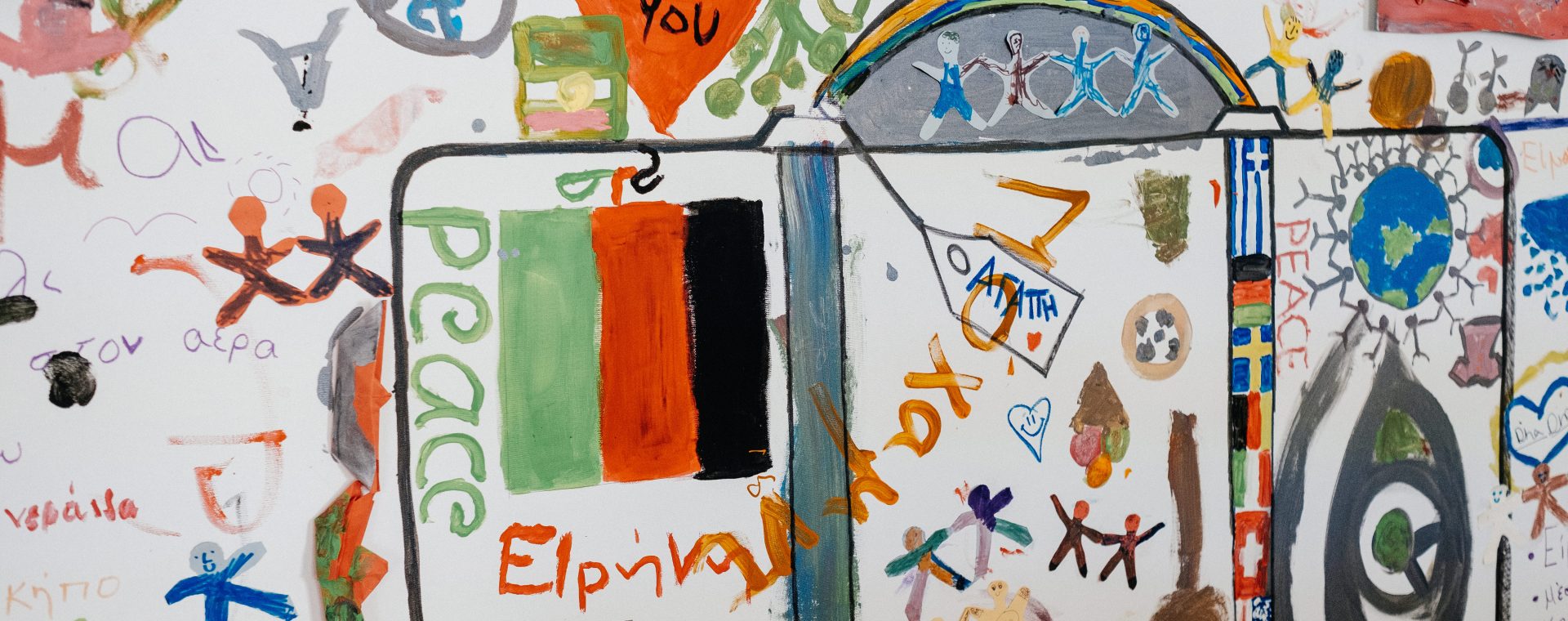
This week the UN reported that the number of people who are displaced worldwide has increased to an unprecedented 70.8 million. The average length of time each one of these people will spend in displacement is seventeen years. A great number will never return to their homes; many will live in neighboring host countries and only a very small percentage will be resettled. The only certainty for people who are displaced is uncertainty – both in their everyday lives and in their futures. Hope and resilience are both key for displaced people not just to survive but to thrive. Education can help build this sense of hope and resilience.
What role can education play in the lives of people who are displaced? It’s an important question because many normal arguments which form societal ‘rationales for education’ do not hold for people who are displaced. In many contexts, policies in host countries make it illegal for refugees to work, and opportunities for higher education are few (only 1% have access). As scholar Sarah Dyden Petersen points out, displaced youth who don’t know where they will end up need to be educated not just for one future, but for “multiple futures.”
When people face displacement they are stripped of their agency. Daniel, one of our advisors at Sky School who lived in Kakuma refugee camp for eight years, tells us that “many people think that we chose to leave our homes. In fact, we did not have any choice.” Once in displacement, many are hostage to a complex set of policies and procedures which mainly tell them what they cannot do.
This is why at Sky School we put the (re)development of agency at the heart of our learning model. We use Amartya Sen’s definition of agency as “the substantive freedoms and capabilities – to choose a life one has reason to value.” An agency-focused model means that education is not a way of gaining access to opportunities (that may or may not exist) in some distant and unknown future but as a way of creating opportunities now, and realizing the resources that the learner already has access to. It means that the learner is able to develop their own thinking and put their thoughts into action in a way that they choose to. This provides hope which in turn develops into resilience.
We are not alone in this work, nor is an agency-focused model only relevant to learners who are displaced. Agency-focused models are now becoming more mainstream; the OECD’s Education 2030 project, which focuses on the learning needed for young people to thrive in a rapidly changing world, puts learner agency at its heart. It also calls for the development of three transformative competencies – the ability to create new value, take responsibility, and manage complexity.
And we can see how the focus on agency within our learning is having a positive impact on the lives of our alumni. We see it in Mofti, who realized that there are opportunities everywhere, and has set up a kiosk in his camp to support himself and his family. We see it in Zamzam, who is running workshops on peace-building to develop the capacity of other women in the community to mediate conflict situations. We see it in Hamza, who has set up a YouTube channel to show similarities between his own culture and that of his host community in Greece, to help bridge divides. We see it every time our students and alumni tell us of shifts in perspective, from thinking about what they cannot do to what they can do.
We see a unique opportunity working in the refugee education space, to leapfrog to a place where agency is at the heart of learning. The pace of change means that we all face uncertain and multiple futures to varying degrees. By focusing on ways of thinking and behaving now, we all build our resilience and create opportunities for our shared future.